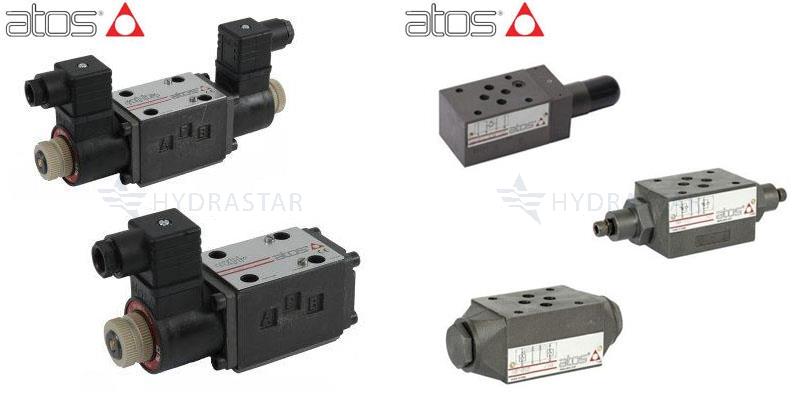A valve is one of the most important parts of any mechanism that uses it. It acts as a gatekeeper for fluids, being exposed to numerous factors which quickly wear it out. Some valves aren’t meant to last long. Others may stay intact for years.
The service life of the valve depends on correct installation and equipment operation. Be it a diverter valve, a directional control valve or a hydraulic solenoid valve, there are a few tricks you can use to help it serve you as long as possible.
1) Choose The Right Valve
The most important thing you can do to make a valve last longer is to install the right one. When it comes to hydraulic valves, it’s vital to find a durable product since it may need to withstand 3,000 or more psi of pressure. Hydraulic valves are usually made of heavy steel and iron.
The construction of the hydraulic valve is also special. The hydraulic pressure should be entirely contained while allowing the valve to function properly. High-quality materials coupled with excellent design can help your hydraulic valve last for years.
2) Do Regular Maintenance
Preventative maintenance can make any part last longer, and valves aren’t an exception. Creating a testing and maintenance schedule for the valves allows you to identify minor irregularities in the system before they become a real problem.
For example, you can check your valves every 6 months and remove them for repair every 12 months. Well-maintained valves can last for decades.
3) Make It Work
If you don’t use the valve on a regular basis, it may stop working altogether. Giving your valve some regular exercise is the key to keeping it “healthy” for years. If you install the valve, make sure you operate it as soon as possible. Otherwise, you may be in for a surprise when you finally decide to run the equipment.
4) Invest In Protective Coating
If your valve is part of a system where it’s constantly exposed to a corrosive environment, it can benefit from a protective coating. Such a coating can reduce wear and tear and allow the valve to resist corrosive materials and high temperatures.
Even if your valve has a protective coating when you buy it, it may wear off with time. Consider checking the protective coating during regular maintenance.
5) Proper Operation
No matter how well maintained your equipment is, if you install the valves incorrectly or make mistakes operating the system, breakdowns are unavoidable. In order for the valve to last longer, all parts of the system must function properly.
Companies all over the world spend millions on replacing valves when it’s not necessary. With correct installation, operation, maintenance, and repair, you can increase the valves’ lifespan dramatically.
At Hydrastar, we offer our clients all types of hydraulic valves and much more. We can help you choose the right valve for your system so it lasts as long as possible. For more information about our products and services, please download our free e-book How To Minimise Downtime With Pneumatic Plant & Machinery.



